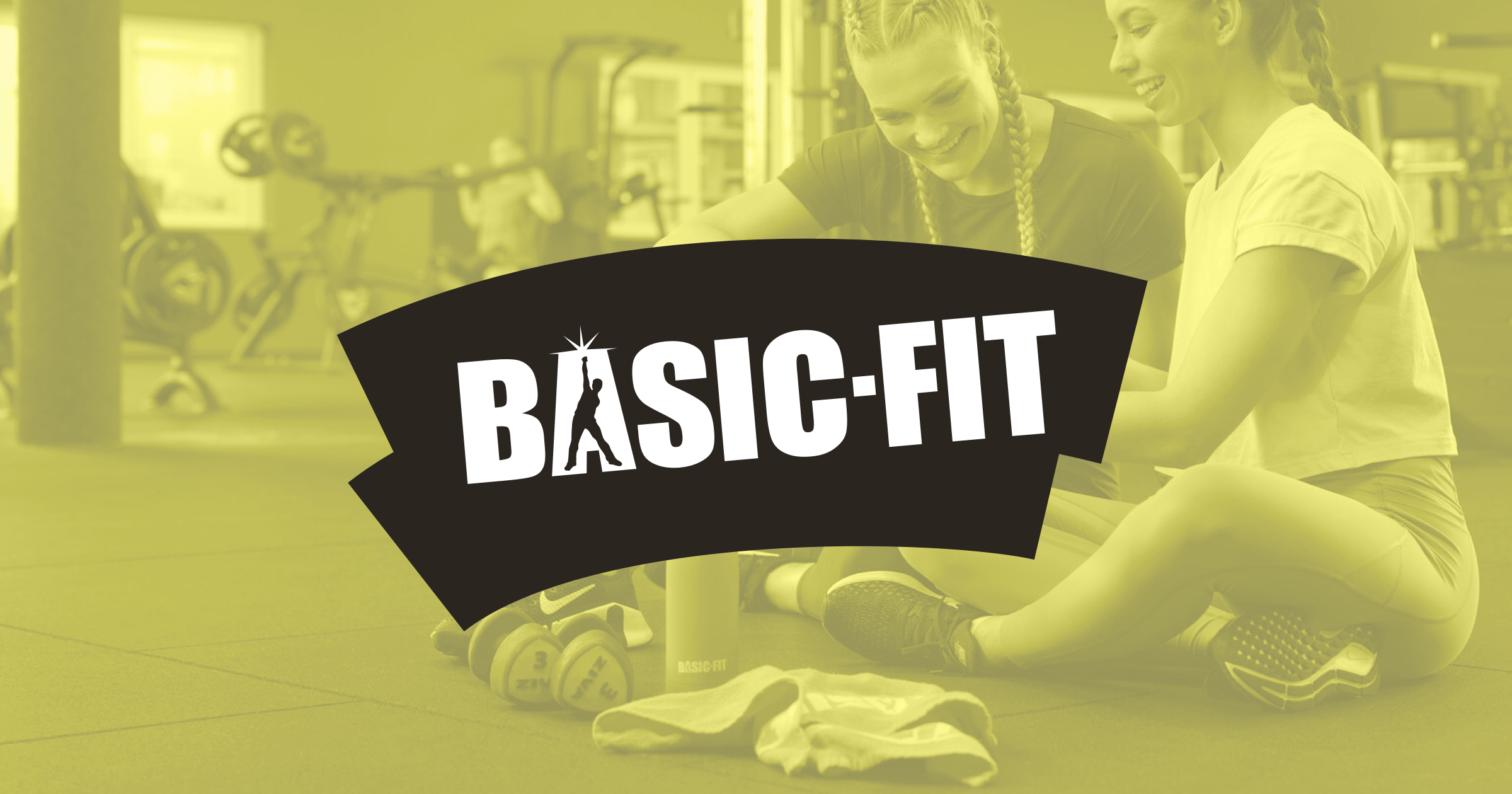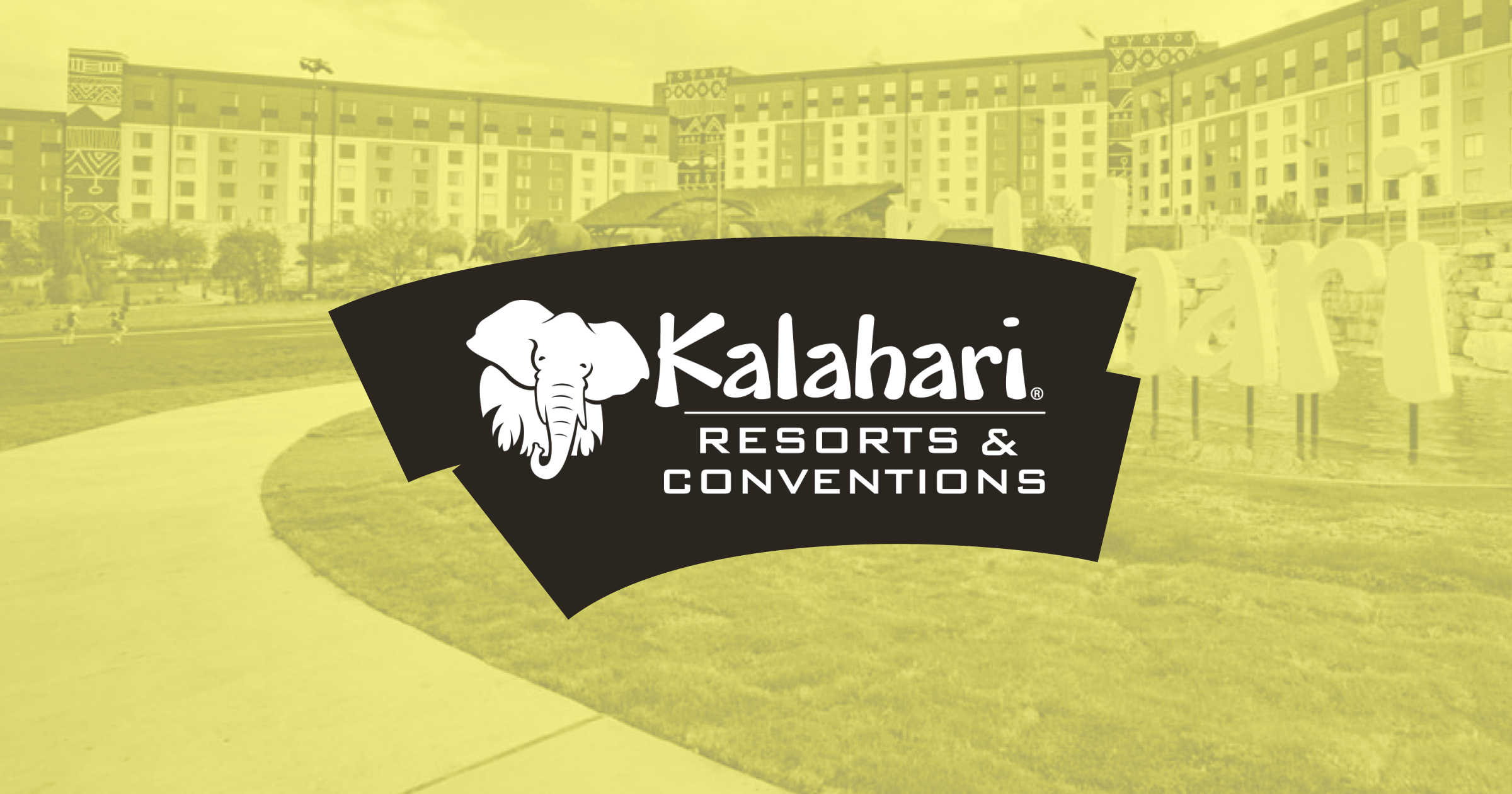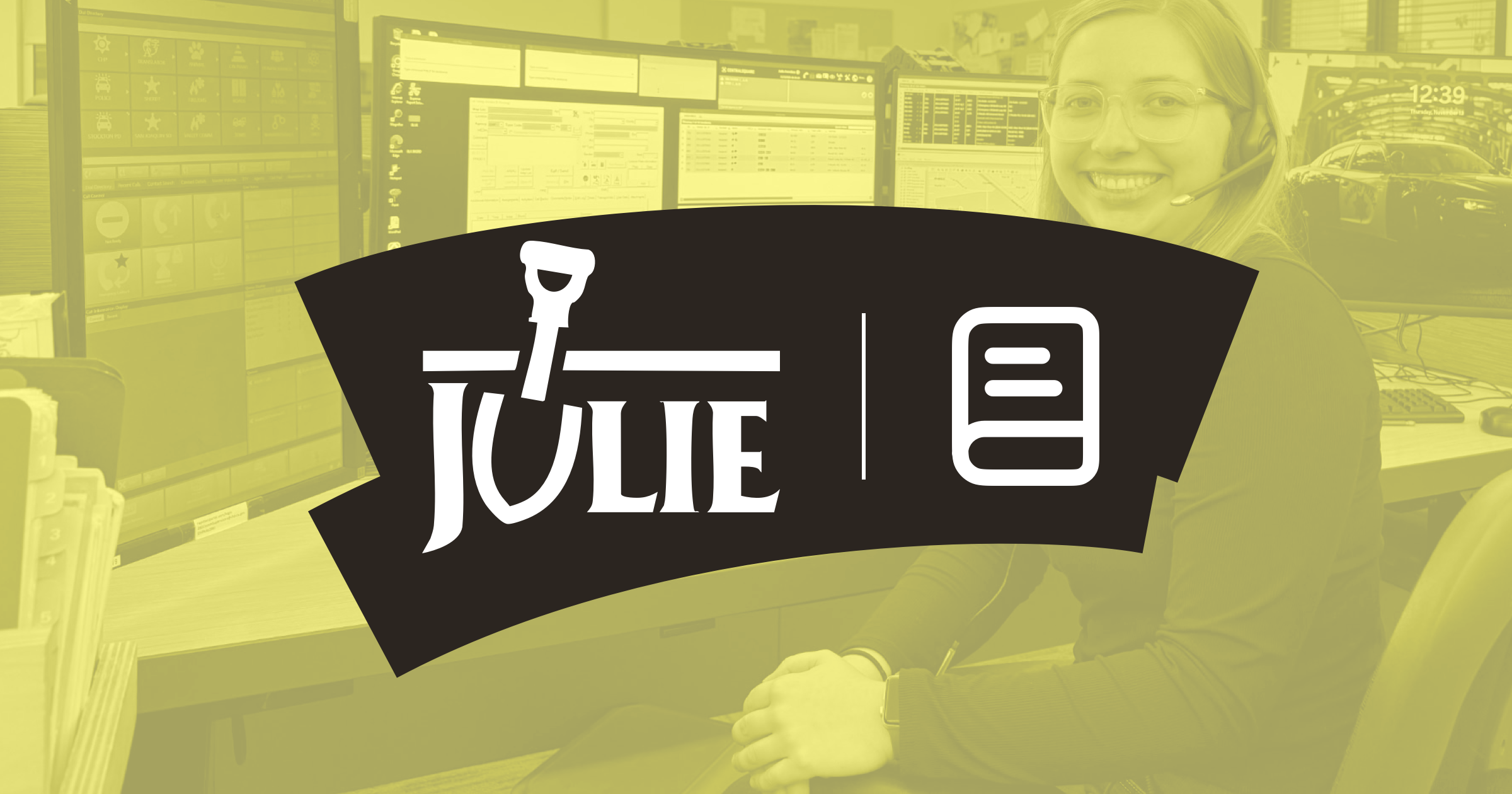Basic-Fit Leading the Way in Promoting Inclusivity: Pronouns Feature

Inclusion in the workplace is not a buzzword; it's a fundamental component of creating a thriving, productive, and harmonious work environment. Inclusion means more than just acknowledging diversity - it's about valuing and making every individual, regardless of their identity, feel included, represented, and heard.
Basic-Fit's proactive approach to ensuring inclusion
Basic-Fit provides an inspiring example of how a company can lead the way in promoting inclusivity. As multiple employees have expressed their eagerness to have the option to choose their own pronouns on their global internal platform, 'Orange Connect’, Basic-Fit together with Speakap began to work on a way to make this happen.
“At Basic-Fit we are standing behind our core values: be, accessible, smart, inclusive, and committed. “Be” refers to being and allowing yourself to show your true colors – also in a work environment. We want all our colleagues to feel welcomed, understood, and respected. That’s why.
With that, we are making sure that everyone can express and BE themselves.”
Roberta Hilgert, Internal Communications at Basic-Fit
This reflects a broader transformation in workplace culture – one that recognizes the importance of addressing colleagues correctly not because they want it that way but because it is the right thing to do. Using correct pronouns is important for a multitude of reasons, including:
- Demonstrating respect and inclusion: Using someone's correct pronouns demonstrates respect and inclusion, and signals that the workplace is a safe and welcoming environment for all employees.
- Improving mental health and well-being: Studies have found that affirming a person's pronouns can help lower depression and raise self-esteem and well-being.
- Creating a more welcoming and tolerant environment: Being misgendered, even unintentionally, can be a painful and invalidating experience, especially in a work setting where employees want to be valued.
- Promoting diversity, equity, and inclusion: Encouraging the disclosure and use of gender pronouns can create inclusive and welcoming work environments for sexual and gender minority (SGM) employees and their allies.
- Building an inclusive company culture: Adding gender pronouns to your employee profiles is a significant but easy first step to building gender inclusivity in the workplace. It brings awareness to something many people might not have considered before.
About the Pronouns Feature
We have added the Pronouns feature to our employee communications platform. This allows employees who may not have a company email address, such as frontline workers, to easily indicate their preferred pronouns to their personal profile and be addressed respectfully. It's a crucial step in making the entire employee experience more inclusive, recognizing that every worker deserves to be seen and respected for who they are, regardless of their role or level within the organization.
While on a surface level this might seem like a small gesture, its significance in creating a welcoming and inclusive atmosphere cannot be overstated.
How does it work within your internal communications platform? Simple.
In case the Pronouns feature has been enabled in their company network, every user can adjust pronouns in their private settings. See the image below 👇

Important: The decision to disclose one's pronouns should be left to the individual and not enforced as a requirement. Some employees may not feel comfortable or ready to reveal their gender identity to their coworkers, and implementing a mandate would only add unnecessary pressure and stress.
Using the right pronouns is a way of showing respect for one another, recognizing and affirming individual gender identities, and ultimately creating a safe and empowering environment. Being misgendered, or referred to with incorrect pronouns, can be deeply uncomfortable and disheartening for those who experience it.
With this feature, we aim to eliminate such discomfort and help organizations, such as Basic-Fit, to promote a culture of respect and acceptance.
More stories
Stay updated with the latest insights and trends delivered straight to your inbox.











